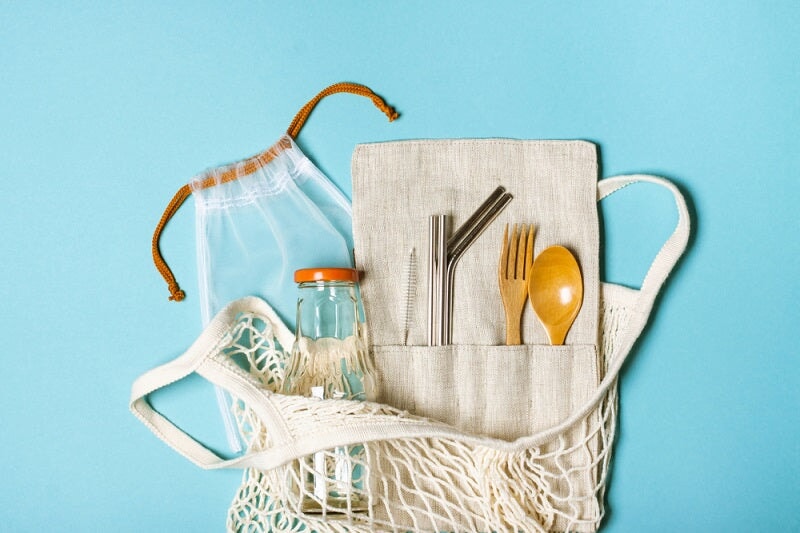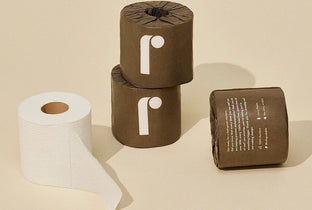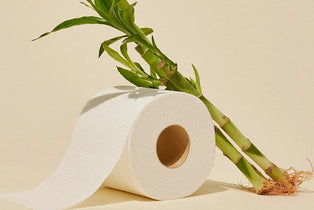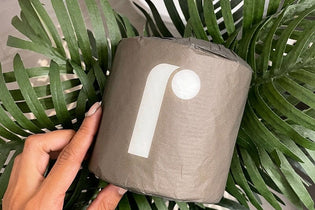
TLDR
Plastic Free July is a global initiative that empowers individuals, businesses, and communities to refuse single-use plastics for the entire month of July. The movement is about awakening people's consciousness about their personal plastic use and making small changes that collectively make a significant difference. Whether it's saying no to plastic straws, ditching plastic bags, or choosing a reusable water bottle over a plastic water bottle, every step taken during Plastic Free July contributes towards a cleaner and healthier environment.
The Birth and Evolution of Plastic-Free July
The Plastic Free July challenge was born in 2011 in Western Australia,1 thanks to the efforts of the Plastic Free Foundation. The initiative started as a local idea and quickly evolved into a global movement. Today, millions of people across the world participate in the Plastic Free July challenge,2 making a statement by pledging to reduce their plastic usage.
Participants and supporters of the cause can visit the Plastic Free July website to sign up for the challenge, learn more about upcoming events, access resources, and get tips on how to go plastic-free. What began as a small change in Western Australia has now become a global wave of change, that inspires sustainable alternatives to plastic.
Why Plastic-Free July Matters: The Impact of Individual Actions
Plastic pollution is a pervasive problem that harms our wildlife, ecosystems, and human health. We produce over 300 million tons of plastic every year,3 and a significant portion of it is single-use plastic that ends up in our oceans and landfills.4
This is where Plastic Free July comes in. It encourages us to think about how to reduce plastic waste in our daily lives. It also highlights the power of individual actions in the face of global challenges. By making simple switches like using a reusable coffee cup, refusing a plastic bag, or choosing products without plastic packaging (such as our bamboo toilet paper), every person can contribute to a reduction in plastic production and waste. It's these small changes that, when made by millions of people, can lead to significant positive impacts on our environment.
Tips and Tricks for Nailing Plastic-Free July
- Start Small: It can be overwhelming to think about eliminating all plastic items from your life at once. Start with manageable changes, like switching to plastic-free recycled paper towels, using a reusable bag for shopping, or replacing your plastic water bottle with a reusable one.
- Plan Ahead: If you're going out, consider taking a reusable container for any takeaway food. Bring your coffee cup if you plan on getting a hot drink.
- Be Mindful of Your Shopping: Look for products with minimal or no plastic packaging. Consider buying in bulk or choosing loose fruits and vegetables to avoid unnecessary plastic.
- Involve Others: Encourage your family and friends to take part in the Plastic Free July challenge. The more people involved, the larger the impact!

Other Ways to Support Plastic Free July
Apart from personal changes, you can support the Plastic Free July movement in several other ways:
- Spread the Word: Share your Plastic Free July journey on social media. You never know who might be inspired by your actions.
- Support Eco-Friendly Businesses: Patronize businesses that have committed to reducing their plastic waste.
- Organize or Participate in Cleanups: Organize a cleanup event in your local community or join one if there's already one happening.
- Donate: Consider supporting organizations like the Plastic Pollution Coalition and the Plastic Free Foundation that are at the forefront of combating plastic pollution.
Busting the Myths About Going Plastic-Free
Going plastic-free can seem like a daunting task, but it's much simpler than you might think. There are many misconceptions that it's expensive, inconvenient, or ineffective. However, these are just myths.
Myth 1: Going Plastic Free is Expensive - In reality, going plastic-free can save you money in the long run. Investing in a reusable water bottle, for instance, might have an upfront cost, but it eliminates the ongoing expenses of buying bottled water.
Myth 2: It's Inconvenient - It can seem that way at first, but once you've gotten into the habit of bringing your reusable bag, coffee cup, or container, it becomes second nature. You'll soon find it's no more inconvenient than remembering to bring your phone or wallet with you.
Myth 3: My Efforts Won't Make a Difference - This is the most harmful myth of all. Every piece of plastic you refuse is one less piece polluting our environment. Your actions inspire others, creating a ripple effect. And, when millions of people all make a small change, the collective impact is enormous.

Conclusion
Plastic Free July is a stepping stone to a more sustainable lifestyle. The challenge might be for a month, but the habits you form can last a lifetime. Remember, the objective isn't perfection but progress. Every plastic bag refused, every reusable container used, and every plastic-free choice contributes to the solution. Embrace the challenge this July and discover how easy and rewarding it is to reduce your plastic use. Together, let's make a difference for our planet.
Sources:
- https://www.plasticfreejuly.org/about-us/
- https://www.plasticfreejuly.org/blog/2021-annual-report/
- https://www.nrdc.org/stories/single-use-plastics-101
- https://www.biologicaldiversity.org/programs/population_and_sustainability/sustainability/plastic_bag_facts.html




0 comments